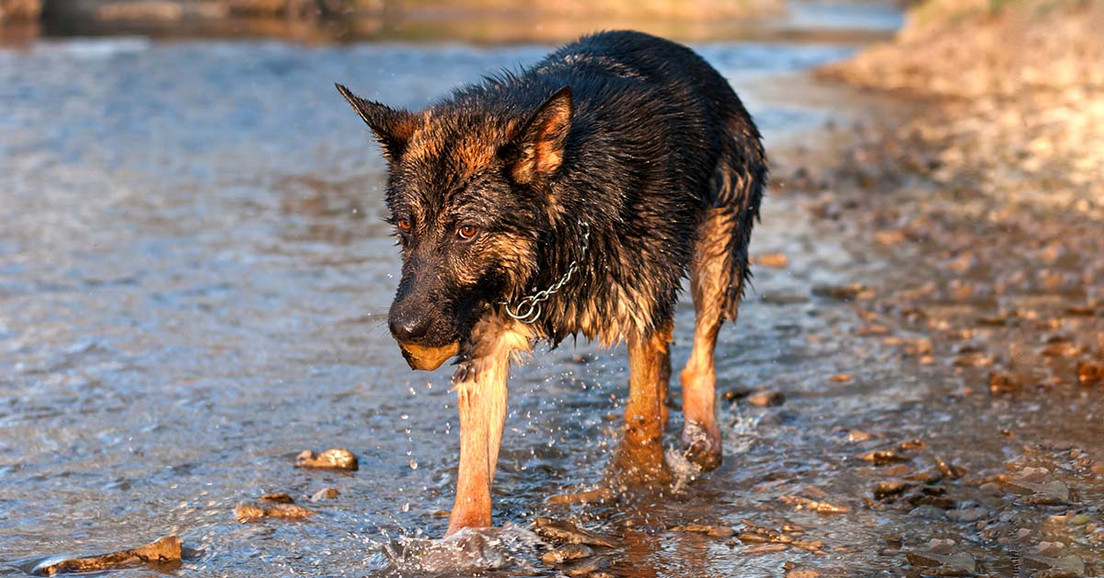
Does Your Dog Chew on Rocks? Prevention is Best but You Can Break This Bad Habit
Posted by TreatWag on 27th Feb 2025
If your dog chews on rocks, you know the frustration.
You're enjoying a cup of coffee on the porch and a hard, dirty, drool-covered clump is dropped in your lap. Again and again.
Chomp. Clomp. Clomp. You can hear stones rattling against your pooch's pearly whites. And you cringe at the vet bill a broken tooth or intestinal blockage a swallowed rock might deliver.
Why do some dogs become fixated on rocks the way others fixate on balls?
Well, usually they are the same dogs. And quite often they resort to rocks when no balls or other suitable toys or chews are available. These dogs are bored, anxious or eager for some extra attention. They are filled with energy with no appropriate outlet at the ready.
Prevention Is Best
- Provide plenty of exercise. Go on that walk or run with your dog. Throw that ball for your natural-born retriever.
- Allow time for sniffing. Some walks are pure energy release. Others stimulate your dog's mind and senses by taking in all the scents your neighborhood has to offer. A car ride with the windows cracked will also delight canine senses.
- Teach your dog "drop" and "leave it." And remove rocks and other inappropriate items.
- Put balls away when not being thrown and create a dog-friendly part of the yard where rocks are not available.
- Feed a nutritionally complete diet so your dog is not searching out extra nutrients in the dirt.
- Provide supervised time for your dog to indulge his natural urge to chew. TreatWag natural chews, such as bully sticks, collagen chews, cheek rolls or ears, are carefully selected and minimally processed to help dogs exert energy, ease anxiety and boost protein intake. For maximum enjoyment, be sure to choose chews appropriate for your dog's size and chewing style too.
Prevention is critical because of the psychological component that comes into play. What starts as a boredom buster quickly grows into a bad habit, and for some dogs near obsession.
Luckily, all the steps above aimed at prevention also work to break an already formed habit. If that habit is well-established, a change in location may be necessary. Don't leave a rock chomper alone in the yard. Go for walks in grassy fields or well-manicured trails where rocks don't offer temptation. Let your dog chew appropriately.
Be consistent and diligent and the sound of rocks against teeth will soon be a bad memory instead of a daily annoyance.

